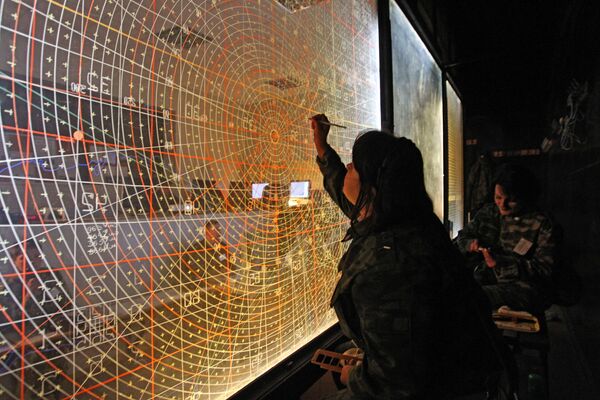The United States wish more progress has been made in missile shield talks with Russia, Assistant Secretary of State Philip Gordon said.
Russia has retained staunch opposition to the planned deployment of U.S. missile defense systems near its borders, claiming they would be a security threat. NATO and the United States insist that the shield would defend NATO members against missiles from North Korea and Iran and would not be directed at Russia.
“We wish that, more broadly, we had been able to make more progress in terms of NATO-Russia and U.S.-Russia cooperation in missile defense,” he said. “I think we made some progress towards some theater missile defense exercises… which shows that the two sides, as in the past, as prior to 2008, can cooperate in a way that serves their interests.”
“We’re going to keep talking about it. Our view on the subject I think is quite clear. We, the United States and our NATO allies, are going to move forward with the European Phased Adaptive Approach because there’s a growing threat from the proliferation of ballistic missiles, potentially combined with nuclear weapons proliferation,” Gordon went on.
He reiterated that the system is not directed against Russia and “offer to work together remains on the table”.
“We’re going to continue to discuss it with Russia and look forward to progress in the future,” the U.S. diplomat said.
Russia and NATO agreed to cooperate on the so-called European missile shield during the NATO-Russia Council summit in Lisbon in November 2010. NATO insists there should be two independent systems that exchange information, while Russia favors a joint system with full-scale interoperability.
Gordon also expressed readiness to discuss issues of nonstrategic weapons in Europe, but said the U.S. stance remains unchanged and “NATO will and should remain a nuclear alliance so long as nuclear weapons exist in the world.”
“And we have drawn attention on a number of occasions to the issue of nonstrategic or tactical nuclear weapons in Europe is to a significant degree the numbers,” he said. “A number of our allies have raised the same issue, the numbers of tactical nuclear weapons, nonstrategic, that Russia has, and those should be the part of any discussion moving forward when it comes to nonstrategic weapons.”


